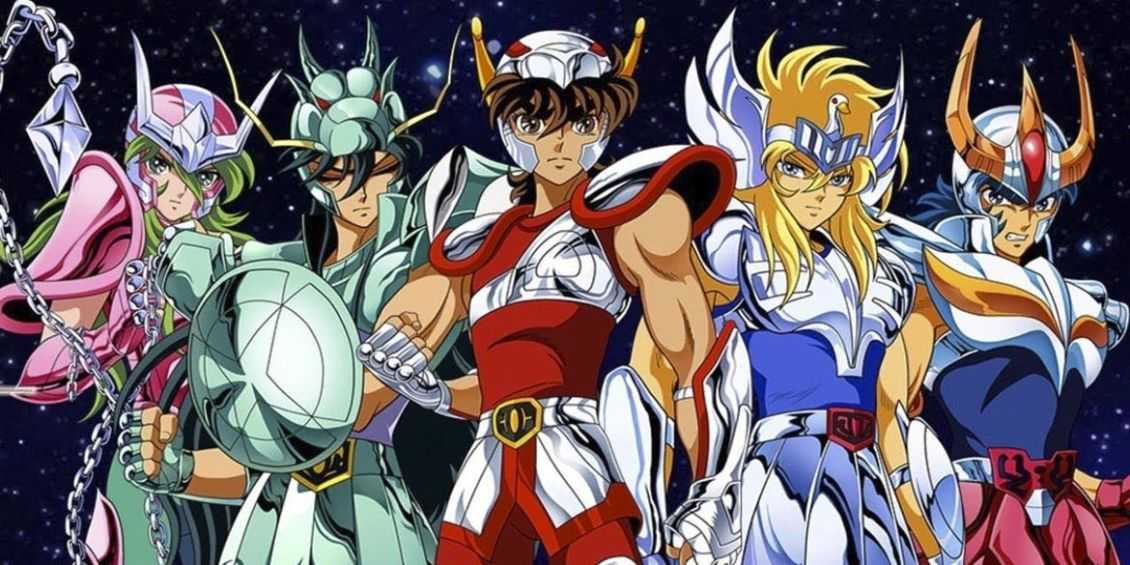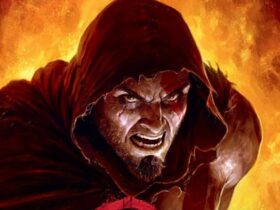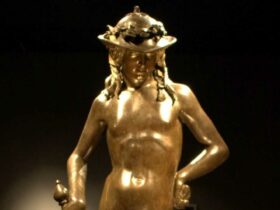In this new episode of Anime Breakfast we focus on the Knights of the Zodiac very famous anime saga that makes combat a poetic dance
In this new Anime Breakfast appointment we leave behind the last episode in which we told the great anime Fullmetal Alchemist and let’s have our Sunday breakfast with a new anime: Knights of the Zodiac. A necessary choice, for a very simple reason: following the box office flop and also the criticism of the live-action anime that arrived at the cinema just this summer, it is necessary to take a step back and go back to basics. Going back to the origins means going back to the original anime saga, or Saint Seya, in Italian The knights of the Zodiac aired in Italy for the first time in 1990. So let’s forget the attempt at a revival with the CGI technique of 2014, entitled Knights of the Zodiac – The legend of the great temple and this last live-action and retrace the original sagaconsisting of an anime series and four made-for-television movies.
History and fiction |Anime Breakfast: The Knights of the Zodiac and the poetic struggle
Creator of the original manga and anime series is Masami Kurumada, who after the manga, gave life to an anime saga originally composed of 114 episodes and three main “seasons” to which is then added a final season which arrived later in the years , because following the new manga, or the final one of the chapter of Ades. Before entering the seasons of the saga, it is necessary to get to the heart of the plot: we are faced with young teenagers, with the appearance and temperament of adults, who are invested with the task of being bronze knights, that is, with bronze armor and fighting in the name of the goddess Athena. We are therefore in ancient Greece and the Goddess Athena in question is Lady Isabel, a rich and influential young woman who discovers that she is the reincarnation of the Goddess Athena and who over time abandons the spoiled and presumptuous character to face his task seriously.
The adventures of the Bronze Saints alongside Lady Isabel lead them throughout the first “season” to fight in Greece, first the Galactic battle, then against the Silver Saints and lastly against the Golden Saints, in the long finale in the race against the zodiacal houses. Then the group will move to Hasgard, to fight the knights of that land and of Ilda, the priestess of Odin blinded by a curse and later in the seas to fight the God Neptune and his knights. The grand finale is the season of Hades, where knights descend into the underworld in a cruel battle against the God of Death.
Given these plot premises, it is clear how much this series mixes history, myths and legends with animated fiction and how much it is therefore not simple entertainment, but contains many contents of philosophy, history and literature.

The historical classicism | Anime Breakfast: Knights of the Zodiac and the poetic struggle
Precisely for these plot premises, this series deals with the main topics of struggle, fights with the same approach they had in Ancient Greece towards the Classical world, art and culture. Everything therefore reminds us of a Greek marble statue, the passages take place in a courtly, elegant and sacrificial way. The characters speak as if they were doctorates of ancient literature, they tend to be all solitary, ready to sacrifice and suffer for the good of humanity. The mix of history and fiction helps in this sense, especially for the choice of language and the type of development of the characters. In the Italian dubbing, the characters speak quoting Dante, Foscolo and other great authors of the history of literature, a freedom of dubbing that is very much in line with the original concept in Japanese. Alongside the courtly language, there is the absence of fear towards death for a good cause, because the protagonists not only have to “save the world” as in the adventures of other anime, but are invested with the greatest power to save values of the world, i.e. those of justice and peace dictated by the goddess Athena.
We cannot forget the episode in which Syrio the Dragon, one of the protagonists, of blinds with two fingers to fight against Medusa, after this knight had petrified all his friends and battlemates. Perhaps an exemplary passage that can best tell the spirit that moves the actions of the protagonists and so also the whole story.

Sacrifice and Redemption | Anime Breakfast: Knights of the Zodiac and the poetic struggle
There is no self-centeredness in the protagonists of this anime, there is no desire to impose himself as the strongest warrior or knight on the planet as we have seen in so many other beloved anime, first of all Dragon Ball. The knights of the Zodiac tell of a path of sacrifice, which helps in personal redemption to save others. By fighting, the characters free themselves from their past, from the negative actions they have carried out and trace a new path for themselves. Around the main characters there are many enemies or allies who keep coming back over the course of the following seasons and who enrich the story more, always giving a lot of quality to the actions aimed by the protagonists.
The poetry of struggle
Considering that the fight in ancient times derives from Greece and that the founders of philosophical thought such as Socrates, Plato, were also fighters, we can say, speaking of the Knights of the Zodiac, that everything adds up. The reconstruction that is being done in recent years of the ancient philosophers and their philosophical thought as linked to the world of combat, has important roots in this anime and it helps us to understand its more complex passages, its reflections and its implicit messages. We can therefore say that this is an anime that mixes poetry and combat and consequently makes combat something poetic, profound and therefore sensible. So let’s forget the clumsy revival attempts of recent years and go recover this original saga, because it’s worth it!
Are you looking for new movies and new TV series to watch? Discover the new Disney+ subscription, the streaming home of Disney, Marvel, Pixar, Star Wars, National Geographic and now Star too. Subscribe now to only 8.99 euros per month on this page.
















Leave a Reply
View Comments